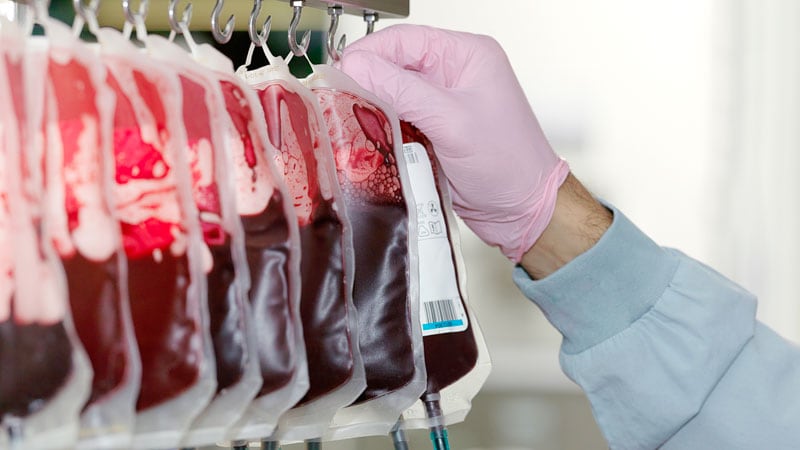A breakthrough gene therapy for haemophilia A has been shown to offer long-term benefits.
The research follows the publication of data in 2017 which showed that a single infusion of adeno-associated virus (AAV)-mediated gene therapy was associated with normal or near-normal levels of factor VIII one year later.
Now, a new paper published in the New England Journal of Medicine provides efficacy and safety data three years after a single administration of AAV5-hFVIII-SQ.
The study included 15 adults with severe haemophilia A (factor VIII, ≤1 IU/dL) who had received a single infusion of AAV5-hFVIII-SQ at various dose levels.
Three years after infusion, two participants had factor VIII expression of <1 IU/dL on chromogenic assay. Seven participants who had received 6×1013 vector genomes (vg) per kilogram body weight had a median factor VIII expression of 20 IU/dL.
The median number of annualised treated bleeding events was zero, and the median use of exogenous factor VIII was reduced from 138.5 infusions to zero infusions per year.
Bleeding in all target joints (major joints with three or more bleeding events within six months) in this cohort resolved (two or less bleeding events within 12 months).
Two years after infusion, six participants (who had received 4×1013 vg per kilogram) had a median factor VIII expression of 13 IU/dL; the median annualized rate of bleeding events was zero, and the median use of factor VIII was reduced from 155.5 infusions to 0.5 infusions per year. Bleeding in target joints resolved in five of six participants.
Transgene-derived human factor VIII (hFVIII) protein activity mirrored native hFVIII in haemostatic ability. No inhibitor development, thromboses, deaths or persistent changes in liver function tests were observed.
Monitoring of these participants is continuing; efficacy and safety are being examined in an ongoing expanded phase 3 study.



